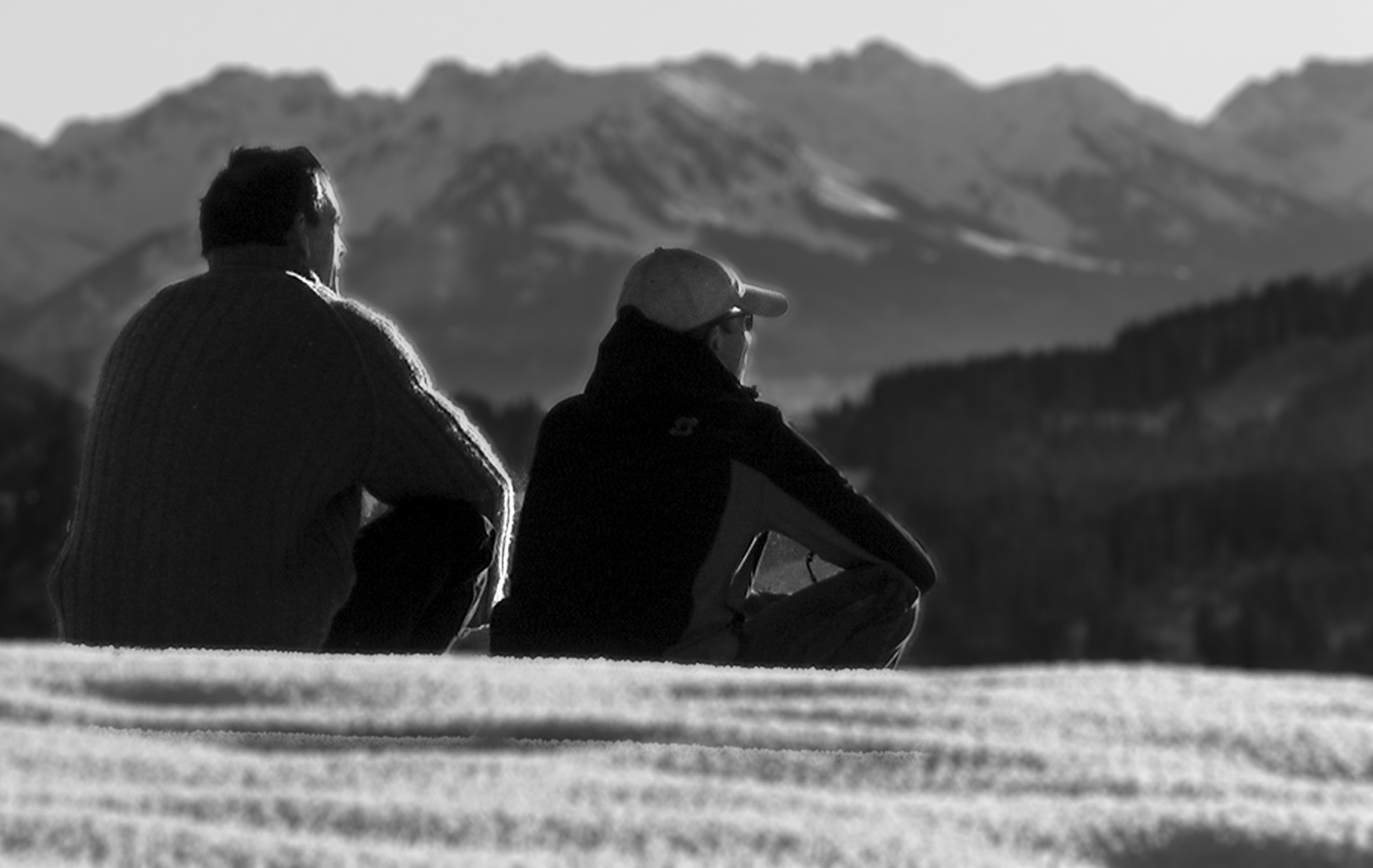An idea takes shape
The idea and the need for a company specialising in customizing tracking equipment for wildlife research had been developing since the early 2000s. CATS was subsequently founded in 2012. Its focus is on delivering innovative animal tracking products applicable to a wide range of projects, supporting applied science for conservation. The quality of the service CATS provides is based on decades of experience in the field of animal tracking around the globe. The strength of the company lies in the ability to tailor its services and products to the demands of the individual project of the customers, whether it is in research, conservation, or industry.
CATS was founded by Dr Peter Kraft and Dr Nikolai Liebsch, who both grew up in the same small town in the German Alps and have known each other for many years. Peter is known for his analytical skills. He has been working on many projects, especially in the field of telemetry and experimental setup. He enjoys thinking out-of-the-box and is an avid animal conservationist like Niko, who combines innovative thinking, and practical skills with scientific passion. Before co-establishing CATS, Niko worked across the globe with numerous scientists on a variety of different animals. They complement each other perfectly, making them a team that welcomes any kind of scientific challenge when it comes to animal tracking.
It is the synthesis of sound technological understanding and scientific rigor coupled with great interest and fascination in animals, their behaviour and interaction with the environment, which has been driving CATS’ success and made them into one of the leading companies in the field of animal tracking.
In 2022 Peter decided to retire from CATS, leaving it up to Niko to build a new team and write the next chapter into CATS’ daily diary.
Travelling back in time
Sadly, our engineer Marcin looses his battle with cancer - he was the brain behind all CATS-tech for a decade and made all the ideas Peter and Niko threw at him happen
04-2023First-ever deployment of CATS suction-cup video tag on a FKW!
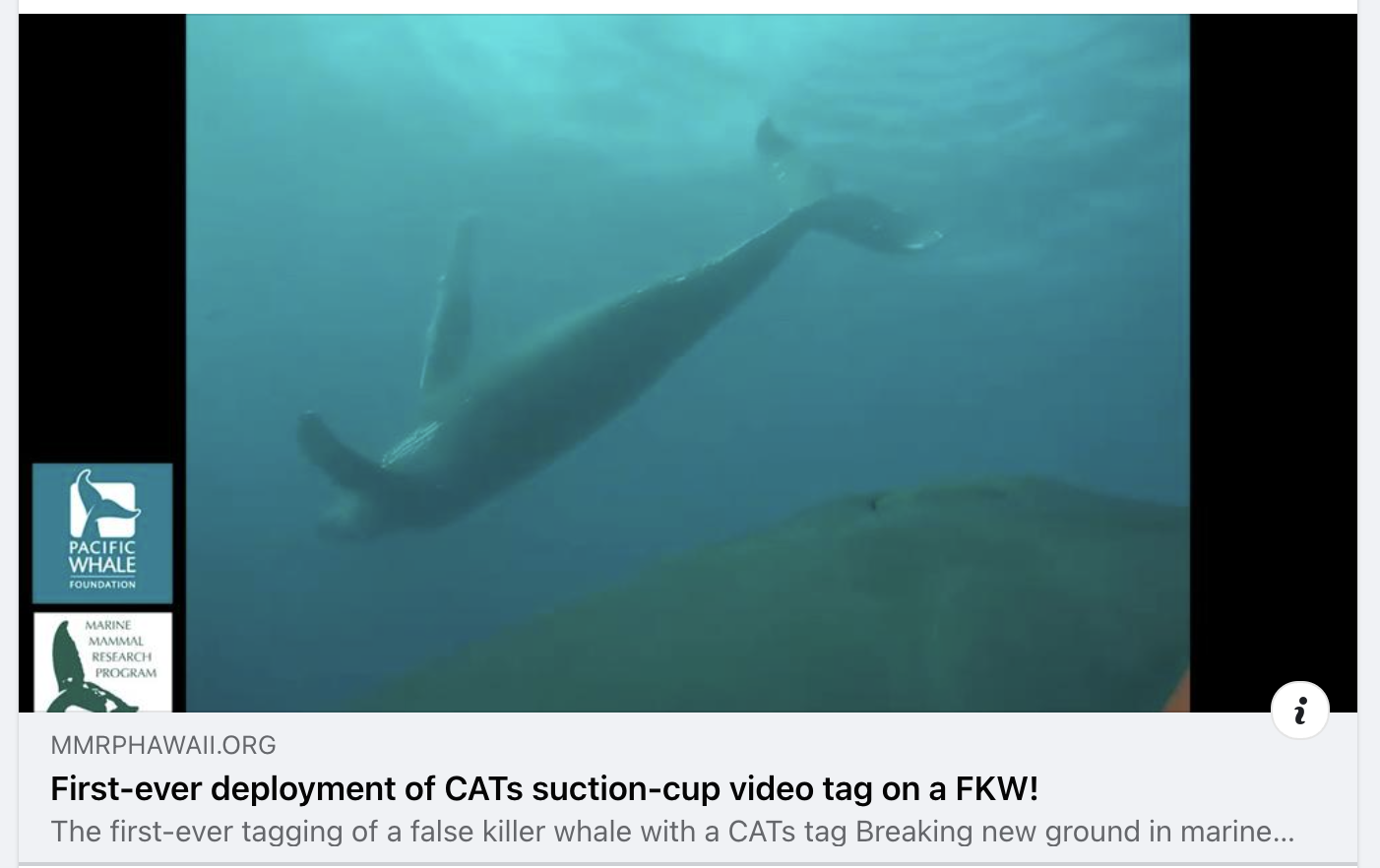
Breaking new ground in marine mammal research, we were able to complete the first-ever deployment of a Customized Animal Tracking Solutions (www.cats.is; CATS) suction-cup video tag on an individual female false killer whale (Pseudorca crassidens) from the endangered main Hawaiian Islands Population.The tag remained on the animal for >12 hours and is a significant step forward in understanding more about the energetic dynamics and foraging strategies of false killer whales, and part of a long-term project on false killer whales in Hawaiʻi. Visit MMRPHawaii.org!
03-2023First-ever deployment of CATS suction-cup video tag on a FKW!
Manatees equipped with cameras for seagrass research
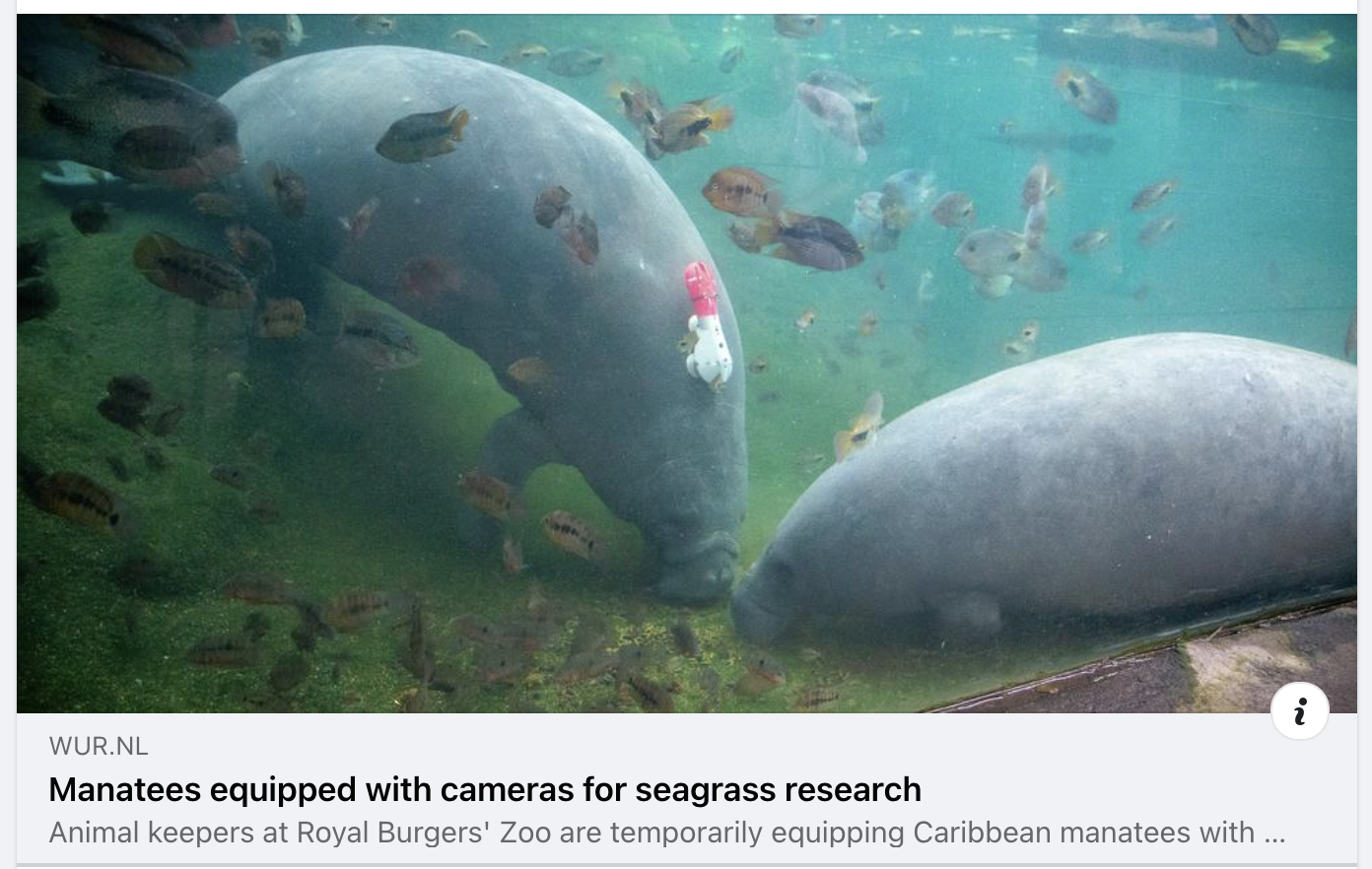
Animal keepers at Royal Burgers' Zoo are temporarily equipping Caribbean manatees with camera-tag technology as part of international scientific research by Wageningen University & Research (WUR). PhD student Fee Smulders is researching ecological interactions in tropical seagrass ecosystems. If tested successfully, manatees and sea turtles in the Caribbean will also be temporarily fitted with the camera-tag technology to investigate the impact of climate change on marine plant-herbivore interactions. Visit wur.nl!
02-2023Manatees equipped with cameras for seagrass research
Tagging Tiger Sharks
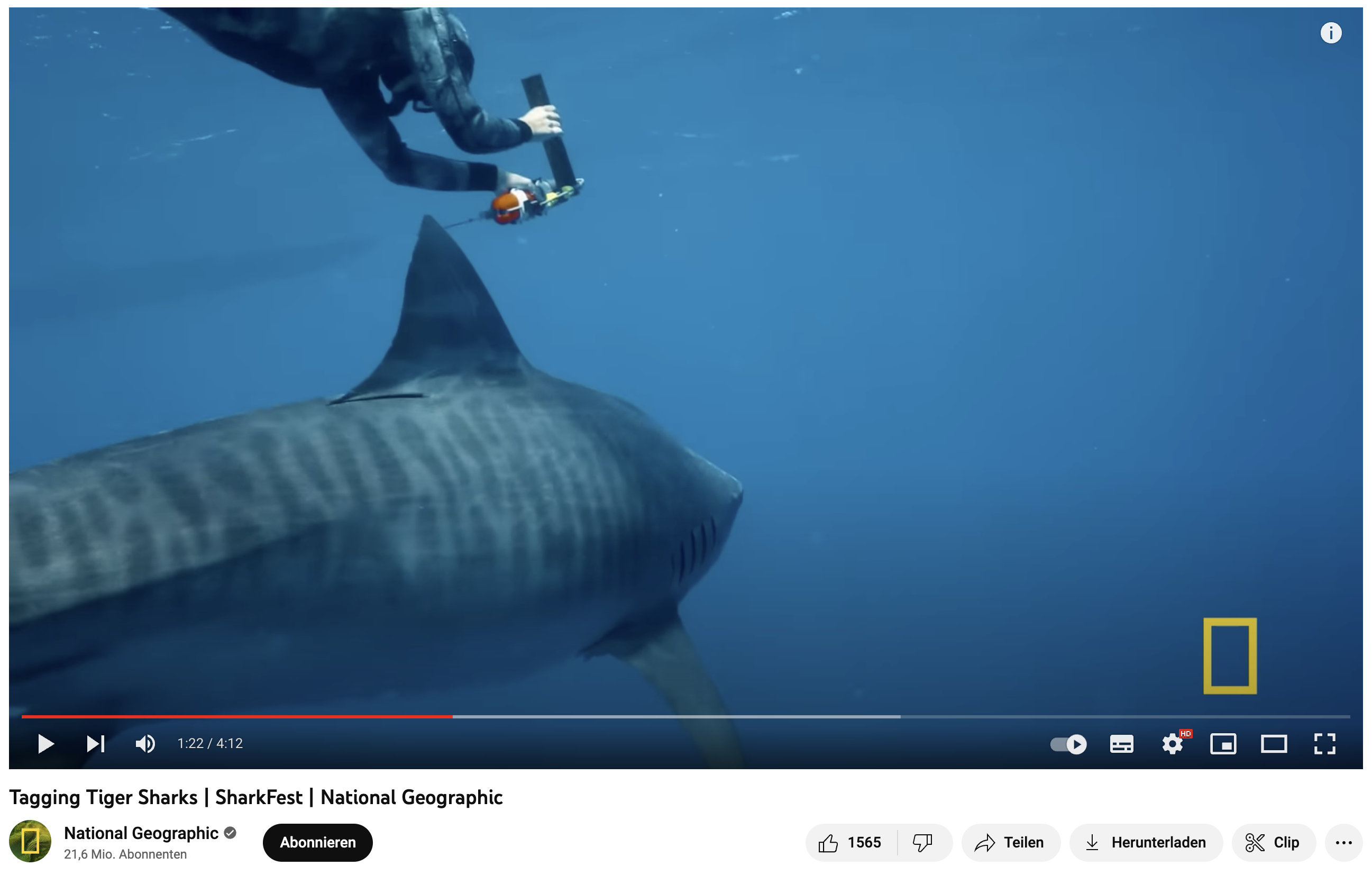
Tagging Tiger Sharks | SharkFest | National Geographic To uncover the secret gathering of Maui tiger sharks, a team of scientists dive in and collect crucial data to help crack the case. A PhD student tags a tiger shark in Oahu before the real challenge in Maui begins. Watch SharkFest on National Geographic and stream on DisneyPlus. Visit Youtube!
02-2023Tagging Tiger Sharks
Humpback Whale Season 2022
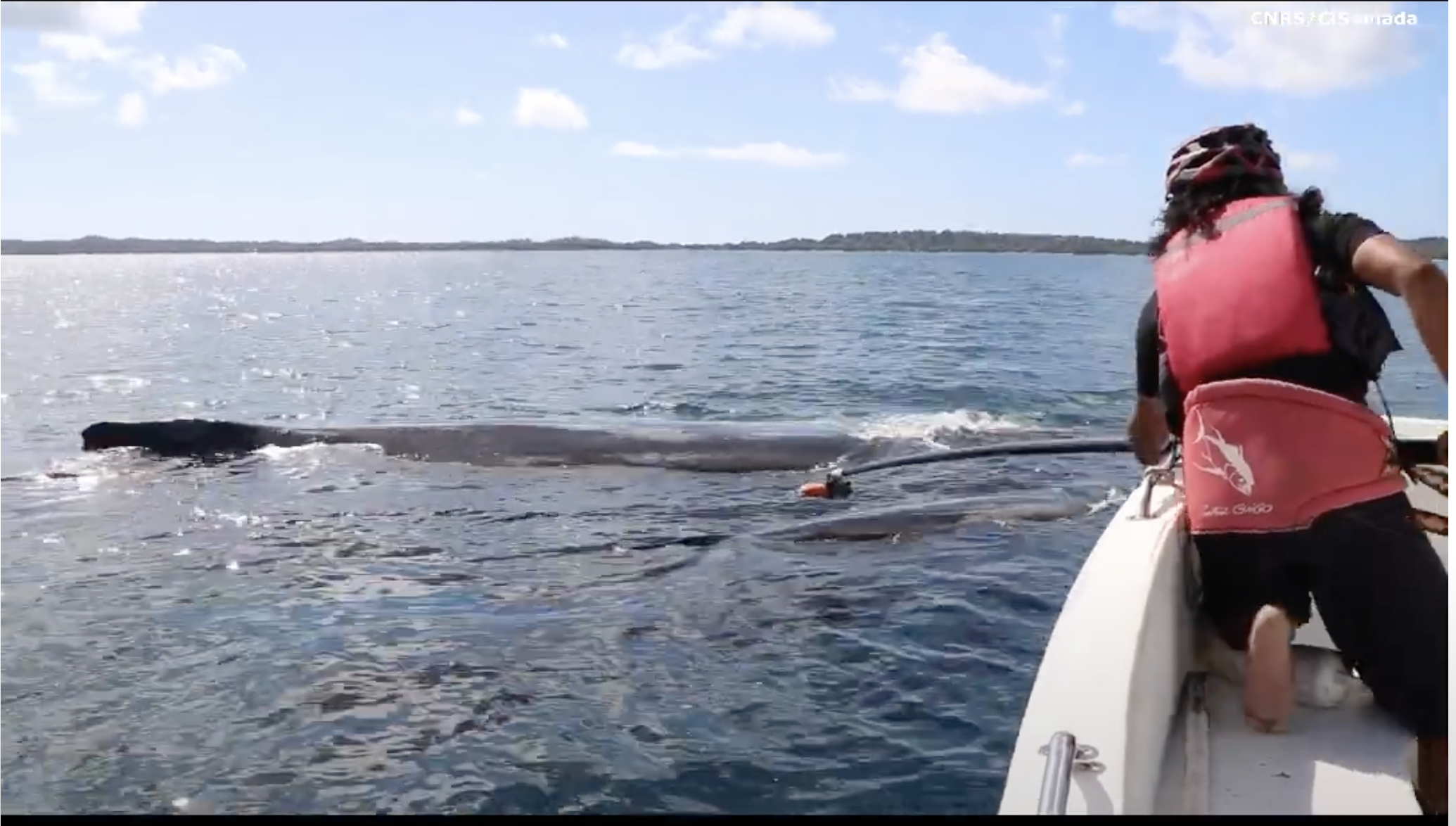
A compilation of all the work done by our PhD Student, Maevatiana during the 2022 breeding season of Humpback whale in Madagascar. Maevatiana has performed 12 CATS cam deployments on calves. This work is done in collaboration with CETAMA at Sainte Marie Island. Stay tuned for new discoveries !!! Visit Youtube!
02-2023Humpback Whale Season 2022
Marine Mammal Research Program University of Hawaii
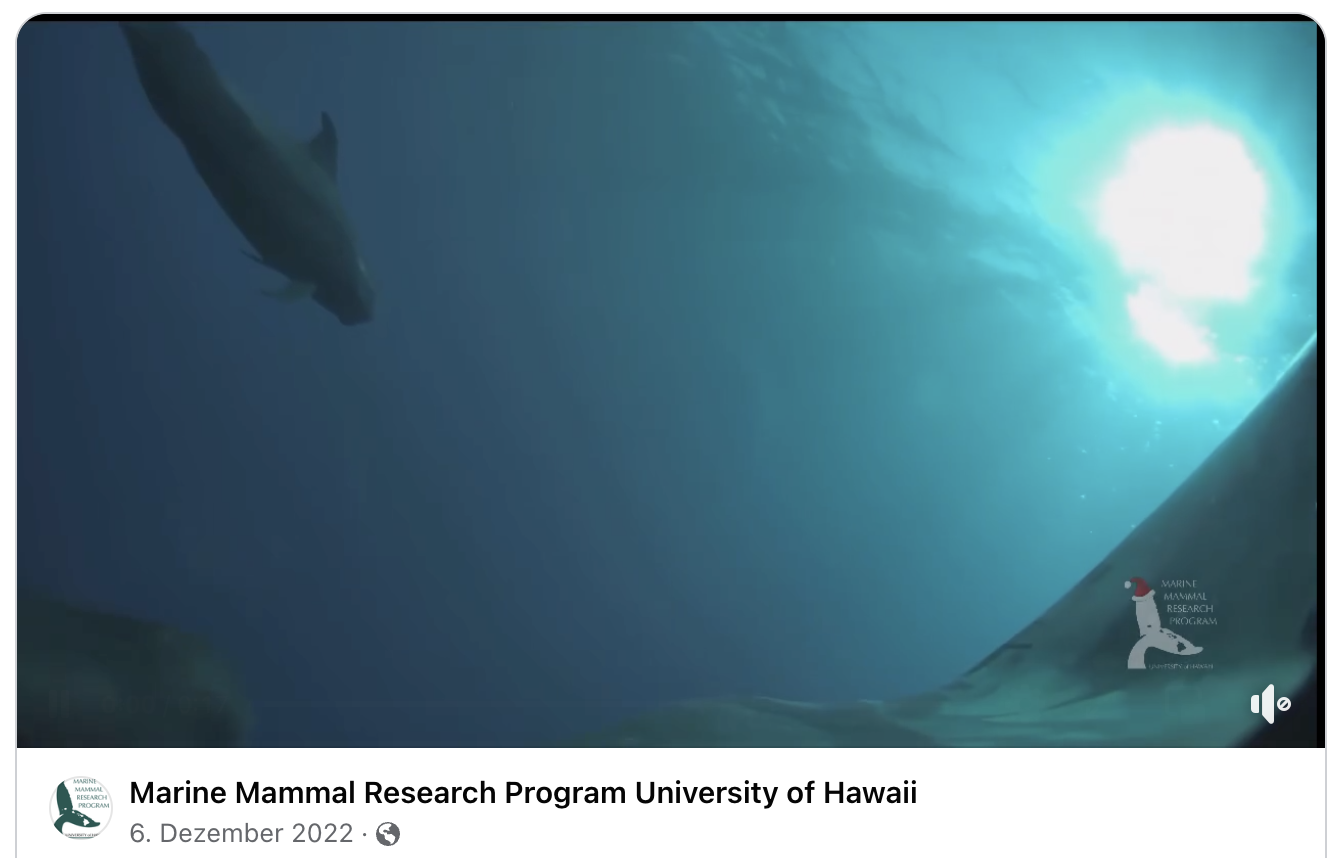
For the fifth day of our countdown, we’d like to show you some never before seen footage from our recent CATS tag placement on a pilot whale. This non-invasive suction cup tag stayed on an adult male pilot whale for more than two days and provided valuable data that will provide new insights into the lives of these animals. CATS tags are equipped with devices that record multiple data streams such as video, acoustics, accelerometer data and depth information, making them powerful tools to research. Visit Facebook!
12-2022Marine Mammal Research Program University of Hawaii
New HD CATS Cam
The first new HD CATS Cam with a 1000 m rating is tested on pilot whales.
11-2022New HD CATS Cam
HD CATS Cam with lower power drain
CATS is finally rolling out their new HD cam with lower power drain, better low light performance and better image quality
08-2022HD CATS Cam with lower power drain
Tagging Whales With Drones
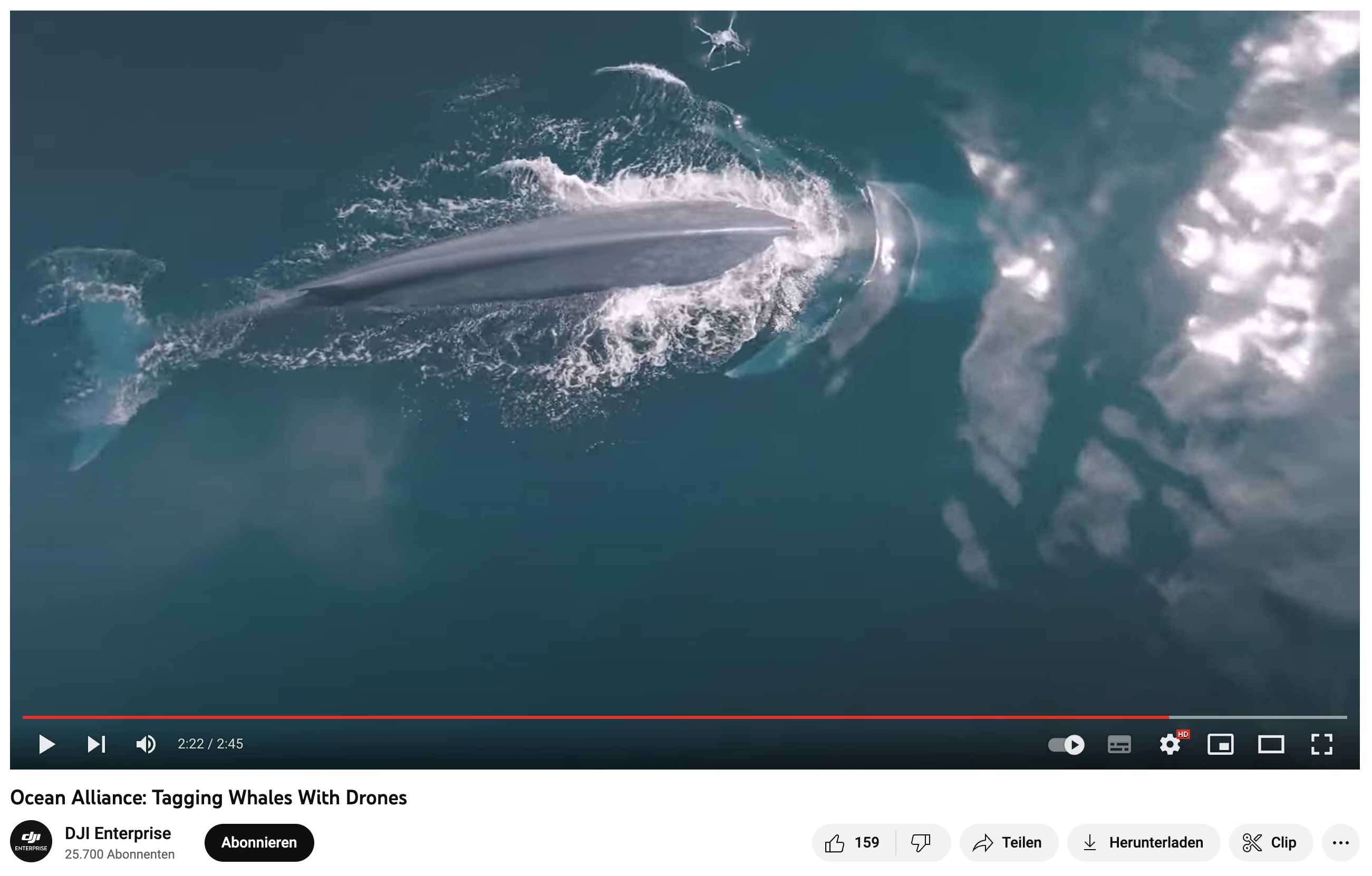
Ocean Alliance have been busy exploring new methods for whale research. I am sure a lot have thought about this for years. Not as much fun as chasing after them with a pole maybe, but less stressful - at least for the animals - not so much for the pilot probably ... 😉 Visit Youtube!
04-2022Tagging Whales With Drones
Peter retires from CATS
Peter retires from CATS after being a vital part for over a decade.
02-2022Peter retires from CATS
Nature Portfolio
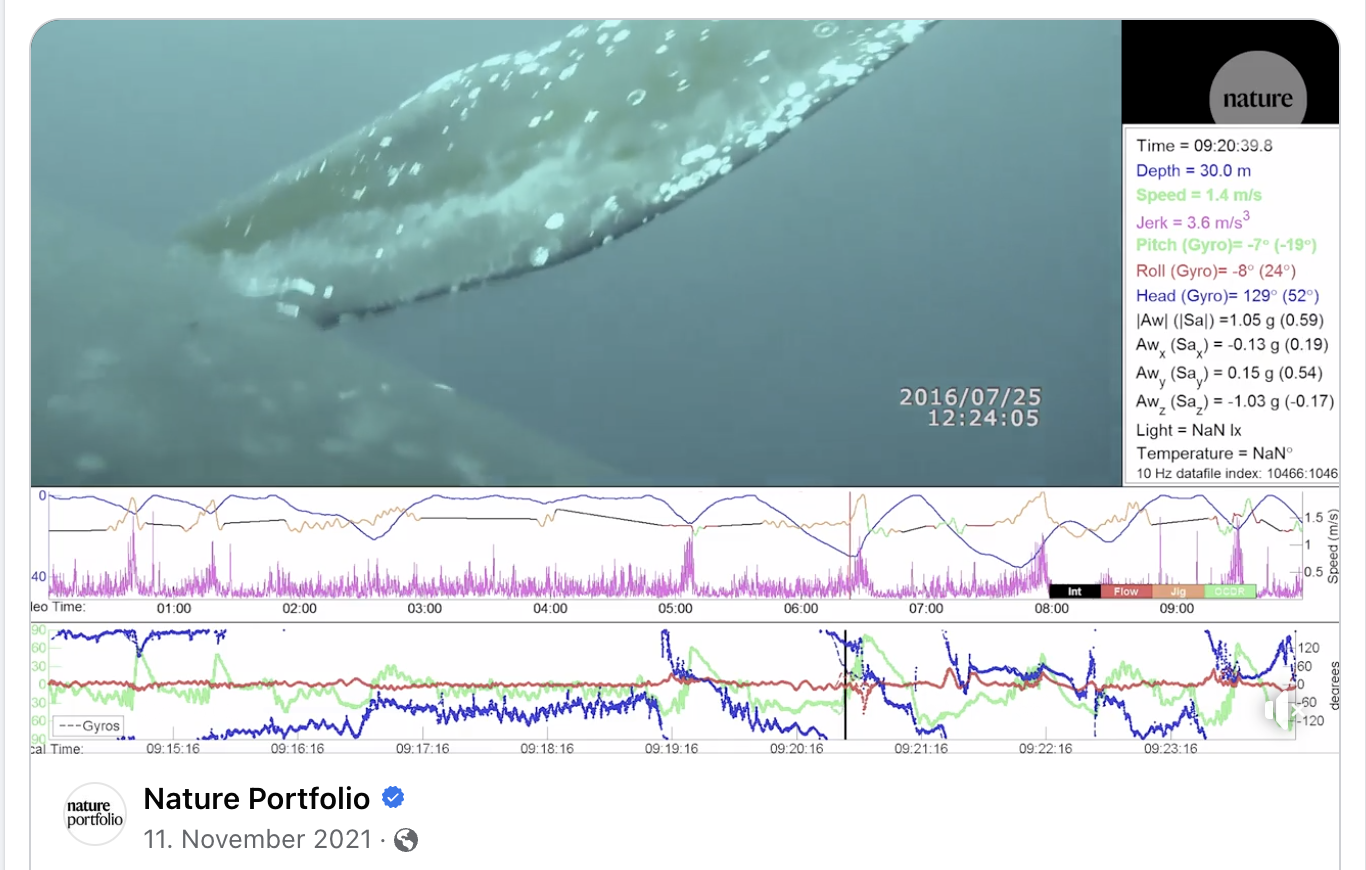
Just in case you have not come across this whale poop story already ... 😉 Tagging whales with cameras and sensors has allowed researchers to calculate how much food they are consuming. It’s the most accurate estimate yet and reveals an even more significant impact of whales on ocean ecosystems. Visit Facebook!
11-2021Nature Portfolio
Seal-mounted camera recovered after 3 years on N.S. ocean floor yields hours of video
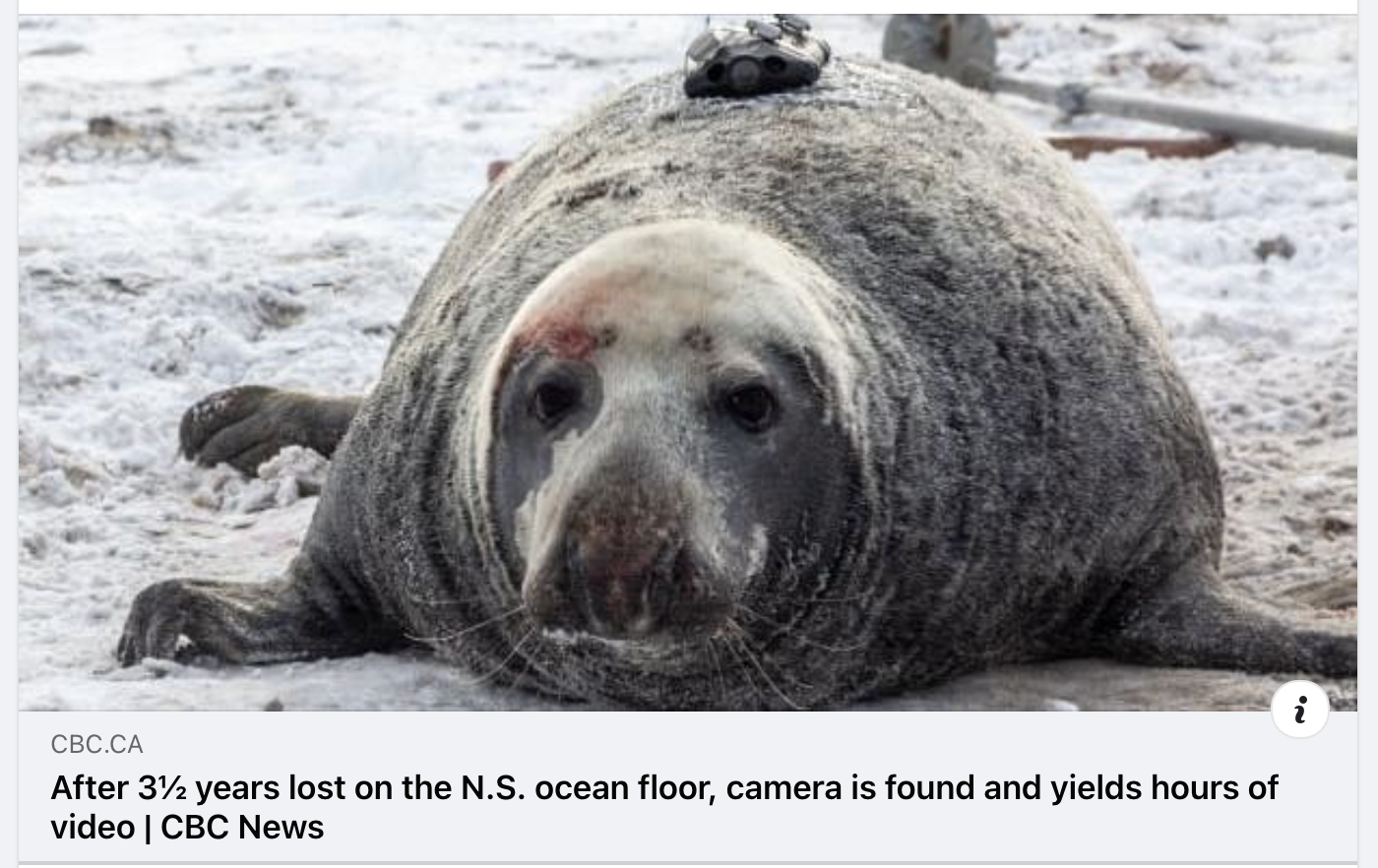
Scientists in Halifax have recovered a trove of research data lost on the ocean floor off Nova Scotia for 3½ years. The remarkable retrieval includes 19 hours of video from a camera attached to a grey seal. The camera was lost in 2018 and dragged up in fishing gear this summer. "I was shocked, absolutely shocked," said Department of Fisheries and Oceans biologist Damian Lidgard. Not only did they recover the camera, it still works and will be redeployed next month. Visit CBC!
10-2021Seal-mounted camera recovered after 3 years on N.S. ocean floor yields hours of video
Awesome publication by the Friedlander and Goldbogen labs about the 'stuff' you can do with CATS-Cams!
Advances in biologging technology allow researchers access to previously unobservable behavioral states and movement patterns of marine animals. To relate behaviors with environmental variables, features must be evaluated at scales relevant to the animal or behavior. Remotely sensed environmental data, collected via satellites, often suffers from the effects of cloud cover and lacks the spatial or temporal resolution to adequately link with individual animal behaviors or behavioral bouts. This study establishes a new method for remotely and continuously quantifying surface ice concentration (SIC) at a scale relevant to individual whales using on-animal tag video data. Visit animalbiotelemetry.biomedcentral.com!
10-2020Awesome publication by the Friedlander and Goldbogen labs about the 'stuff' you can do with CATS-Cams!
4k CATS Cam 2.0 wireless
Second version of a wireless 4k CATS Cam rolls out.
10-20204k CATS Cam 2.0 wireless
First of new recovery Beacons
CATS rolls out the first of their new recovery beacons, a combination between VHF, GPS and an Iridium transmitter – all in a rechargeable package and fully programmable.
02-2020First of new recovery Beacons
WMMC '19 Barcelona
CATS joins the World Marine Mammal Conference for the first time in Barcelona.
12-2019WMMC '19 Barcelona
First 4k CATS Cam
First version of a wireless 4k CATS Cam is built.
02-2019First 4k CATS Cam
Interesting article about CATS-Cams and Diaries on Sandbar Sharks

The expanding use of biologging tags in studies of shark movement provides an opportunity to elucidate the context and drivers of fine-scale movement patterns of these predators. In May 2017, we deployed high-resolution biologging tags on four mature female sandbar sharks Carcharhinus plumbeus at Ningaloo Reef for durations ranging between 13 and 25.5 h. Pressure and tri-axial motion sensors within these tags enabled the calculation of dive geometry, swimming kinematics and path tortuosity at fine spatial scales (m-km) and concurrent validation of these behaviors from video recordings. ... Visit frontiersin.org!
12-2018Interesting article about CATS-Cams and Diaries on Sandbar Sharks
CAUGHT ON TURTLE CAM!
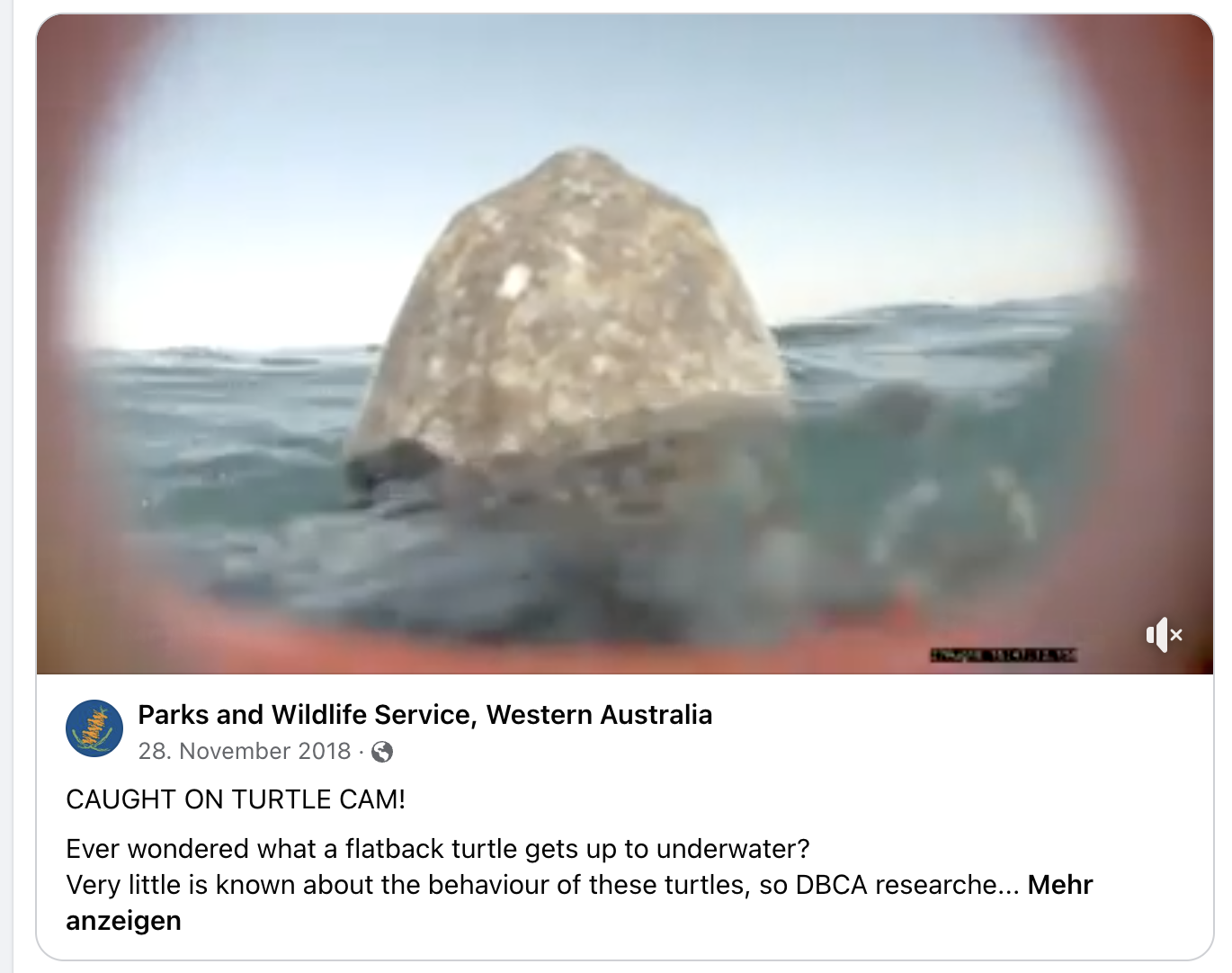
Ever wondered what a flatback turtle gets up to underwater? Very little is known about the behaviour of these turtles, so DBCA researchers fitted a video camera to the shell of a male flatback, as well as a device that’s very similar to a fitness tracker, to find out more. The footage revealed different types of foraging behaviours not previously described in flatback turtles. It also showed they can rest on the bottom of the ocean floor for up to an hour, digging themselves into the sand. The camera stayed on for 56 hours, before detaching and floating to the surface. In that time there was no interaction with other turtles or predators, just a lot of relaxing. What a life! Visit Facebook!
11-2018CAUGHT ON TURTLE CAM!
70th Emmy Engineering Awards

Kelvin represented CATS at the 70th Emmy Engineering Awards last week in LA. You can watch the full show here. Scroll straight to minute 8:00 and watch till 14:30 😉
10-201870th Emmy Engineering Awards
Suckling humpback whale
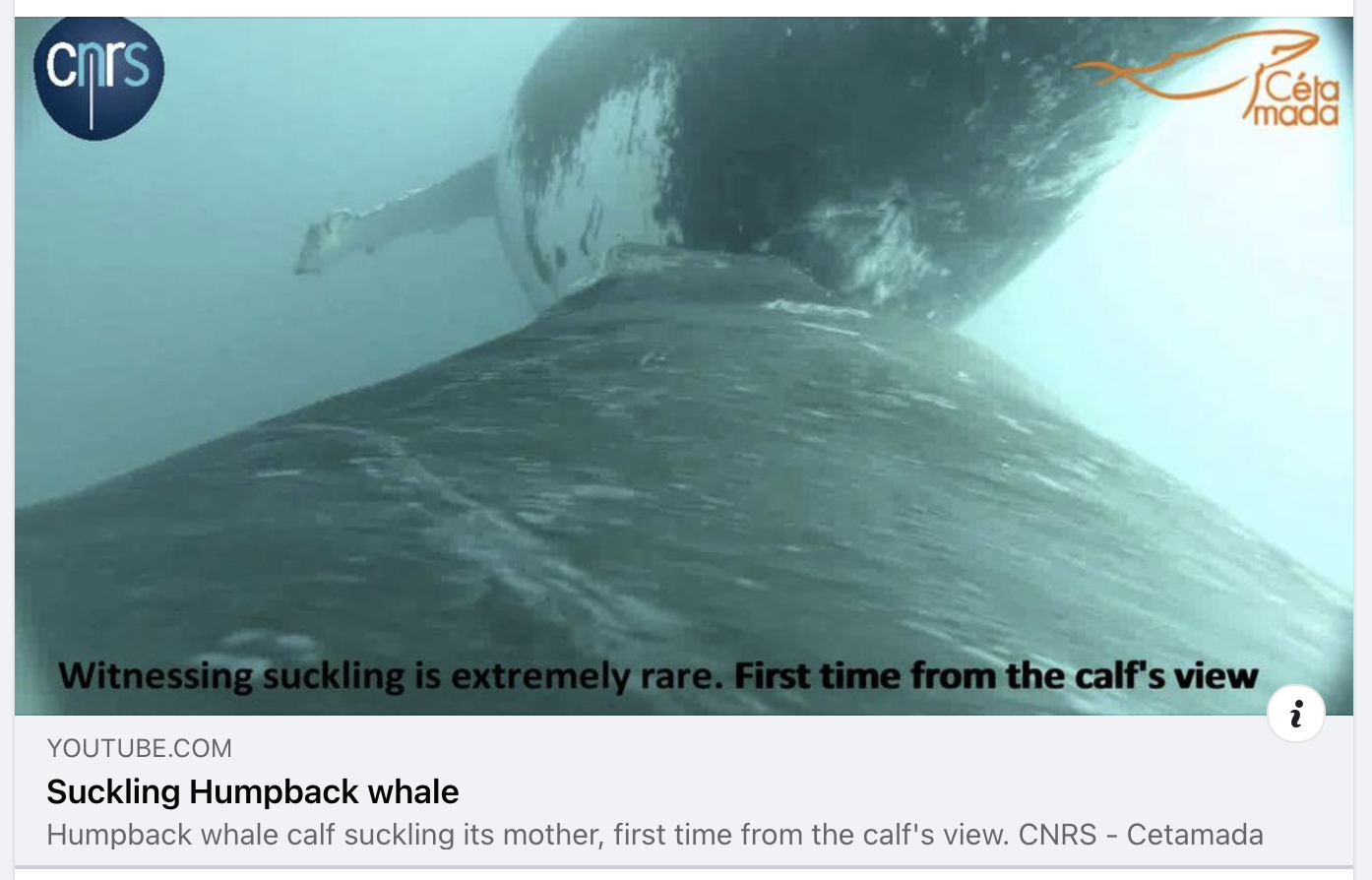
Humpback whale calf suckling its mother, first time from the calf's view. (c) CNRS/ Cétamada. Footage recorded on the breeding ground on the east coast of Madagascar at Ste Marie Island. This video was filmed with a Emmy Award-winning CATS Cam. Visit Youtube!
10-2018Suckling humpback whale
World-first footage by Minke whales taken with a CATS-Cam
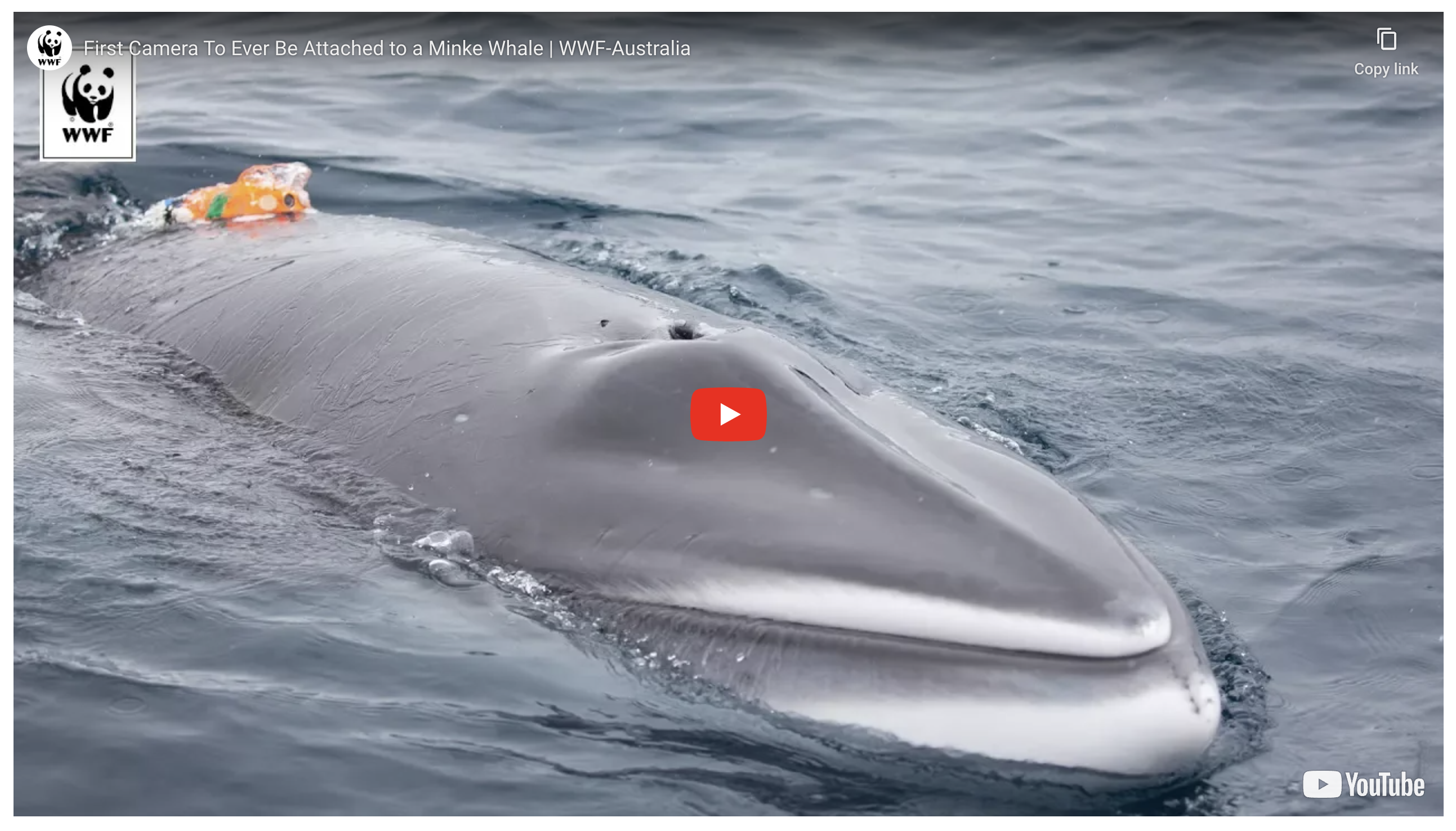
For the first time ever, scientists in Antarctica have attached a camera to a minke – one of the most poorly understood of all the whale species. And in an incredible bonus for researchers, the camera (which adheres with suction cups) slid down the side of the animal – but stayed attached – providing remarkable video of the way it feeds. The initial camera position would not have recorded the whale’s throat expanding. View on youtube
10-2018World-first footage by Minke whales taken with a CATS-Cam
First VR 360 footage from the back of a Humpback Whale
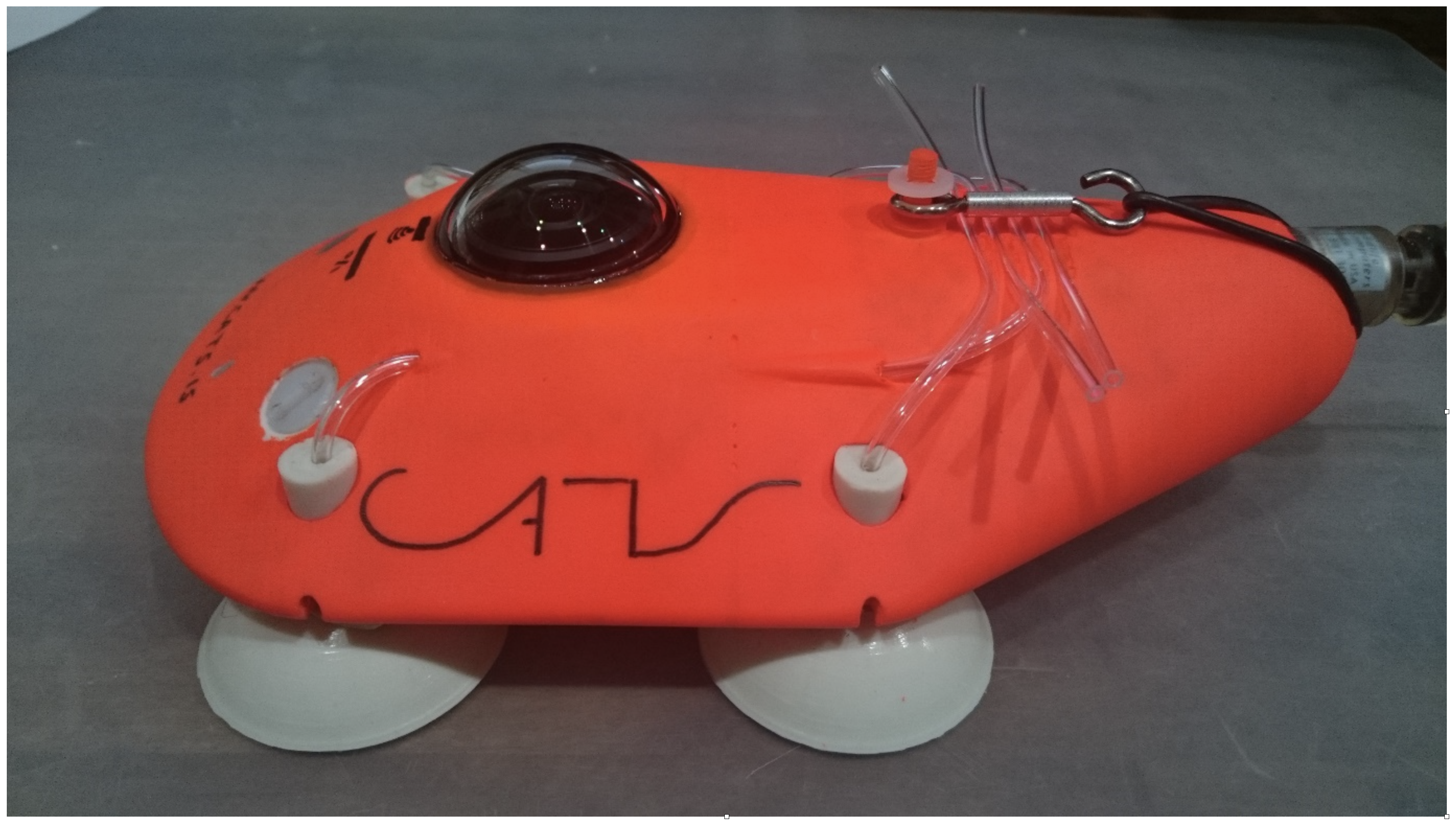
VR 360 whale footage with a CATS Cam attached to a humpback whale in Monterey Bay. Customized Animal Tracking Solutions (CATS) and the whale research group of Stanford University, led by Professor Jeremy Goldbogen, have managed to produce these amazing images. View on youtube
11-2017First VR 360 footage from the back of a Humpback Whale
BBC Blue Planet II partnered with CATS
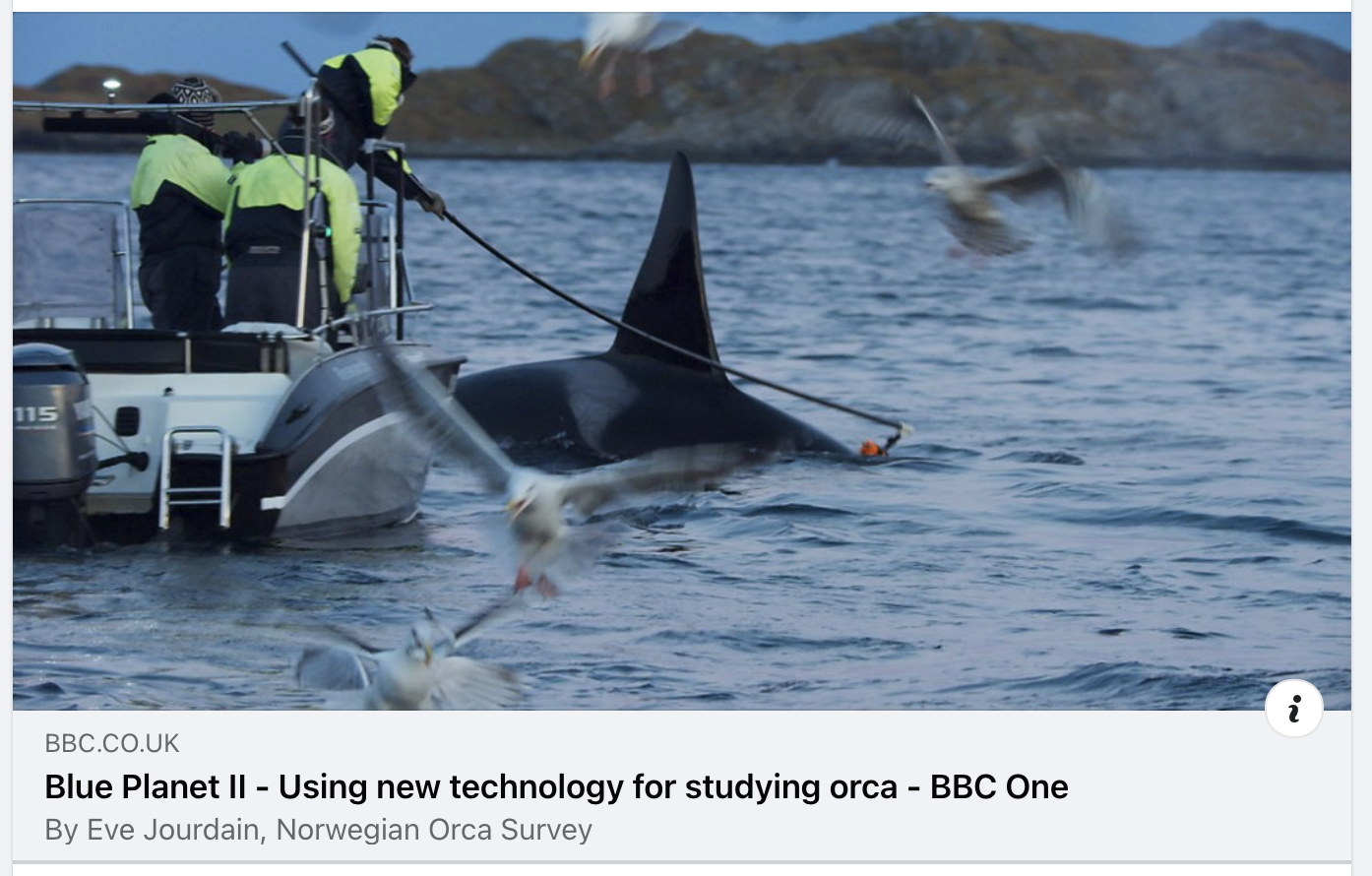
BBC releases BLUE PLANET 2 for which CATS built all cameras that were attached to animals Visit bbc.co.uk!
10-2017BBC Blue Planet II partnered with CATS
First wireless CATS Cam
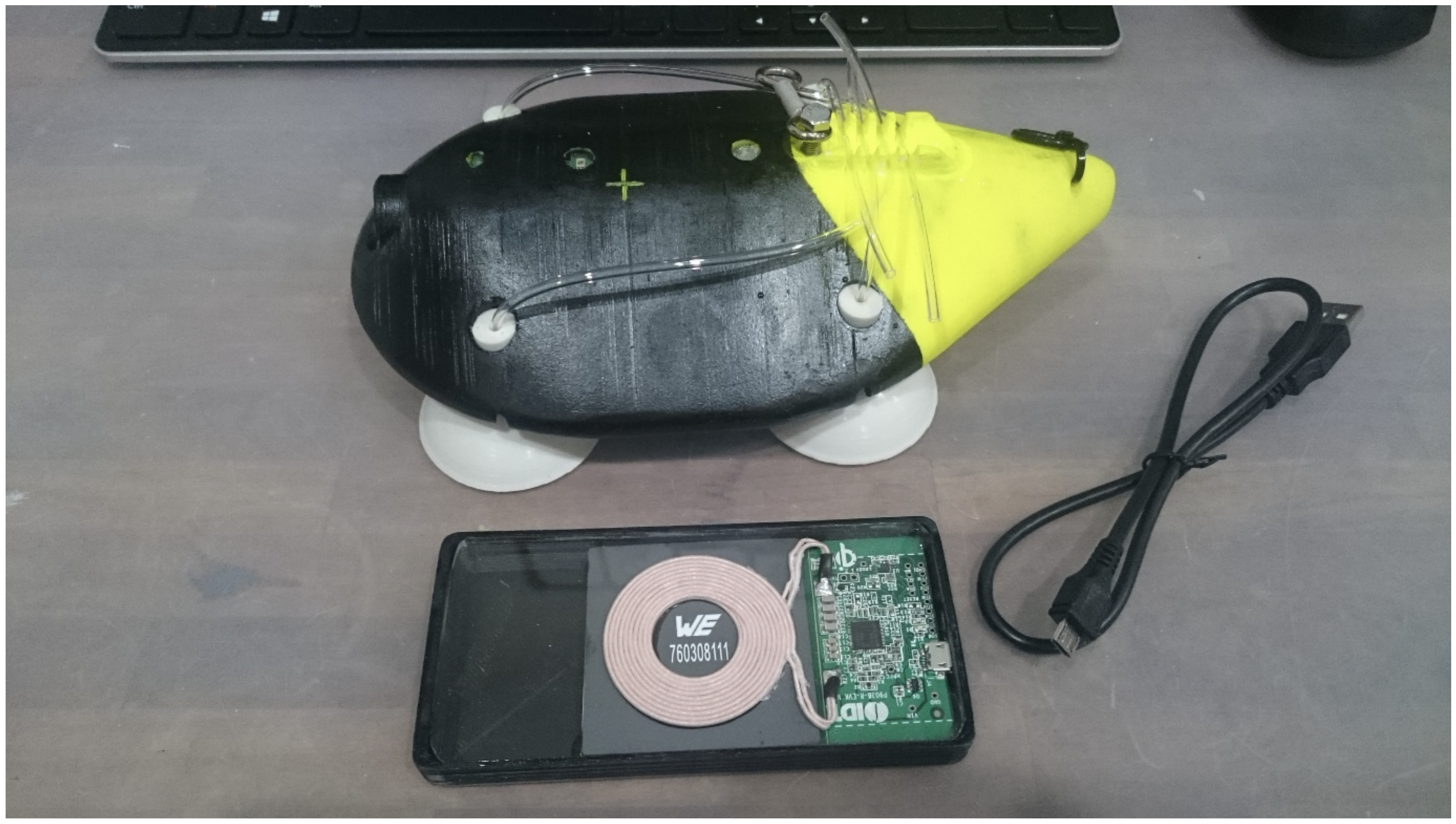
First fully wireless CATS-Cam is built
04-2017First wireless CATS Cam
First CATS Diary-Cam
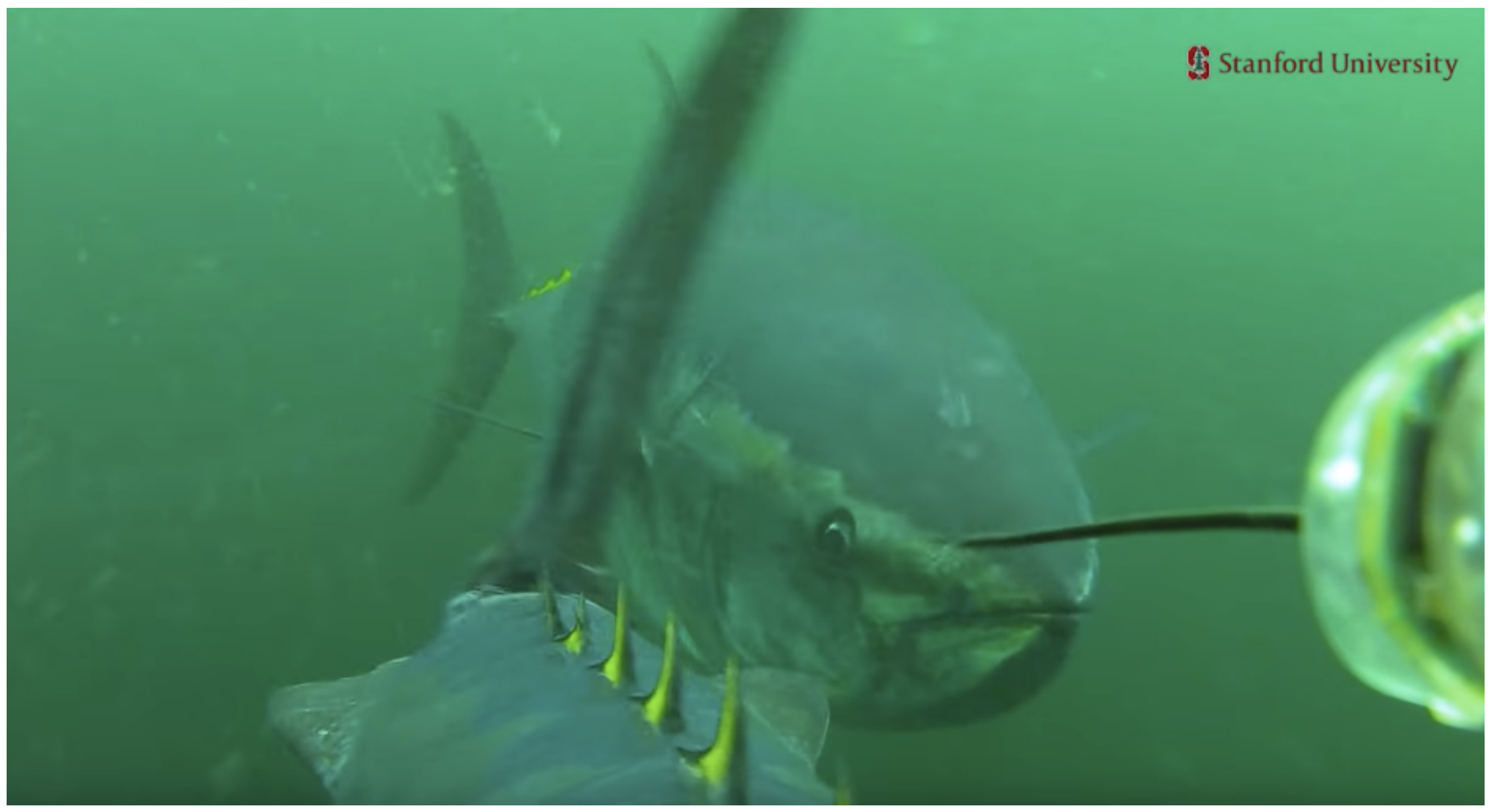
First CATS-Diary-Cam on a Giant Atlantic Bluefin Tuna
09-2016First CATS Diary-Cam
BBC Collaboration

CATS starts collaborating with the BBC on their new production.
06-2015BBC Collaboration
First dual lens CATS Diary-Cam
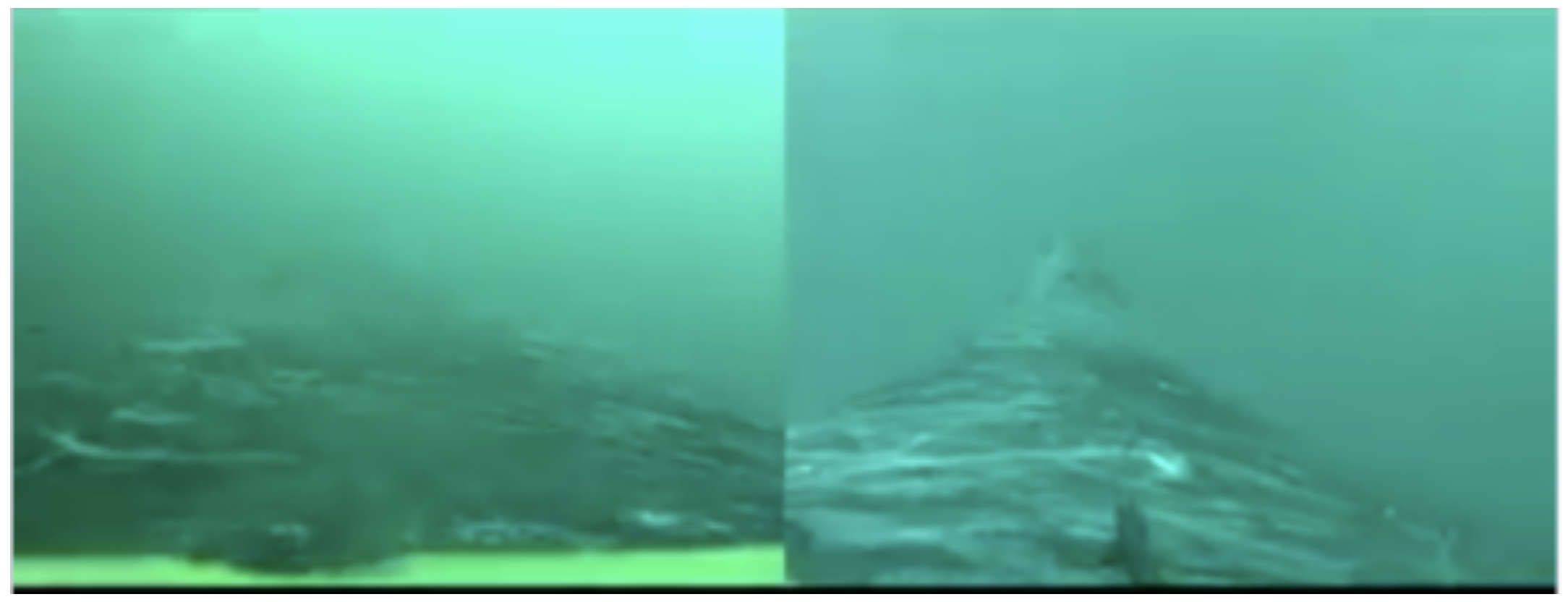
First dual lens CATS Diary-Cam is built for whales.
10-2015First dual lens CATS Diary-Cam
Finalist of the 'Blue Ocean’ film award 2014
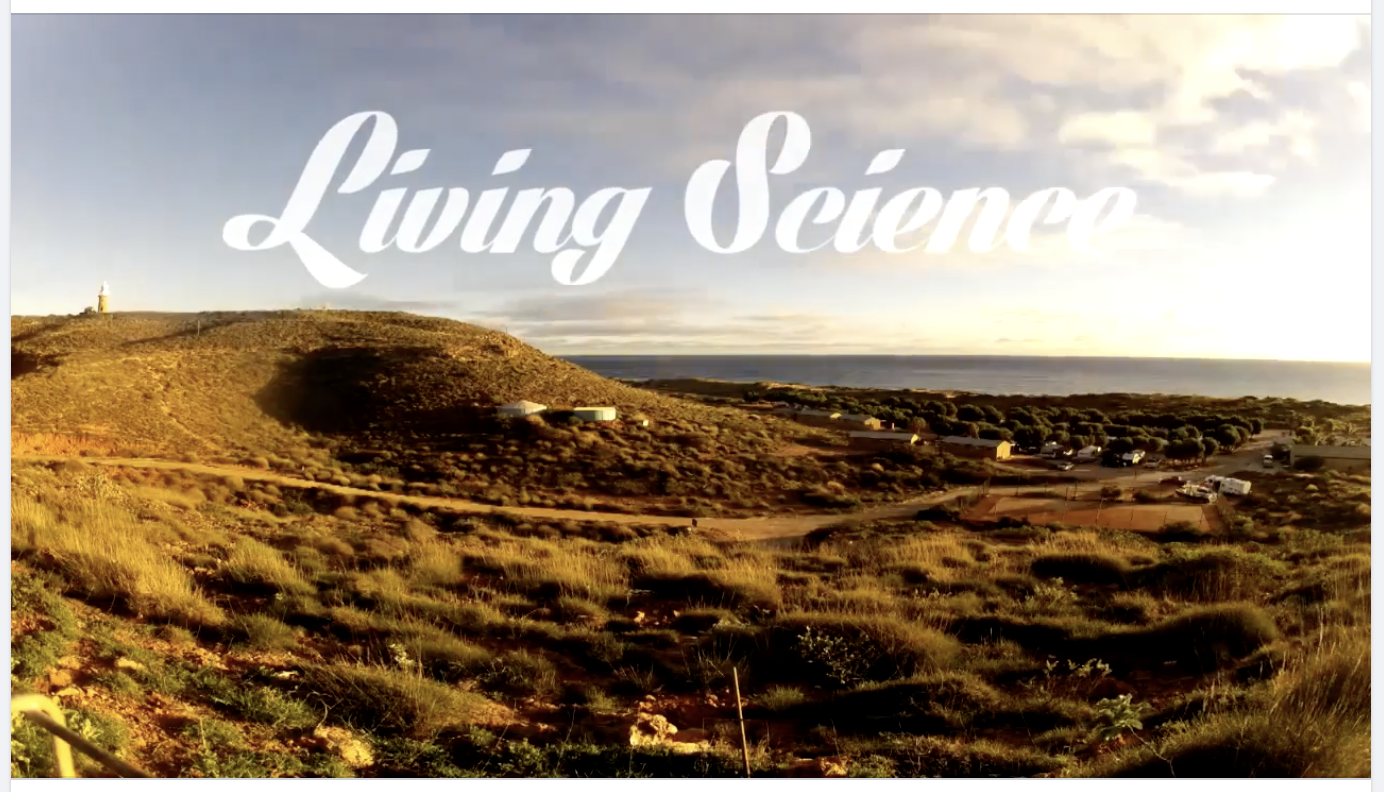
Documentary about CATS called ‘Living Science’ was one of the finalists of the ‘Blue Ocean’ film award 2014. LIVING SCIENCE - WHALE SHARKS OF NINGALOO REEF was a finalist in the category 'Marine Life' and received a honorable mention in the category 'Marine Sciences' at the Blue Ocean Film Festival Awards 2014. Watch the full documentary here! Watch the trailer on Youtube!
11-2014Finalist of the 'Blue Ocean’ film award 2014
5th Bio-logging Symposium in Strasbourg
CATS introduces itself at the 5th Bio-logging Symposium in Strasbourg download CATS slideshow
09-20145th Bio-logging Symposium in Strasbourg
First deployments of CATS SaTags

First deployments of CATS SaTags on dugongs in the Pilbara.
08-2012First deployments of CATS SaTags
First tests CATS Diary and Cam

First tests of our diary and cam tags on Whale Sharks at Ningaloo gallery
05-2012First tests CATS Diary and Cam
The name CATS

We came up with the name CATS and one of the first designs.
10-2011
